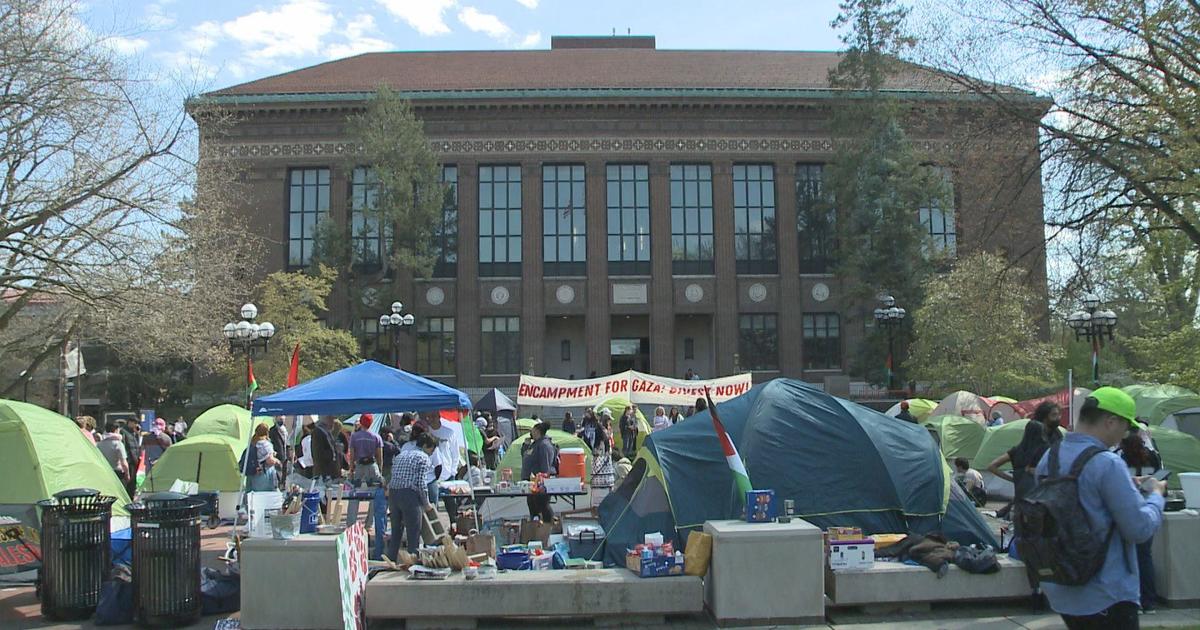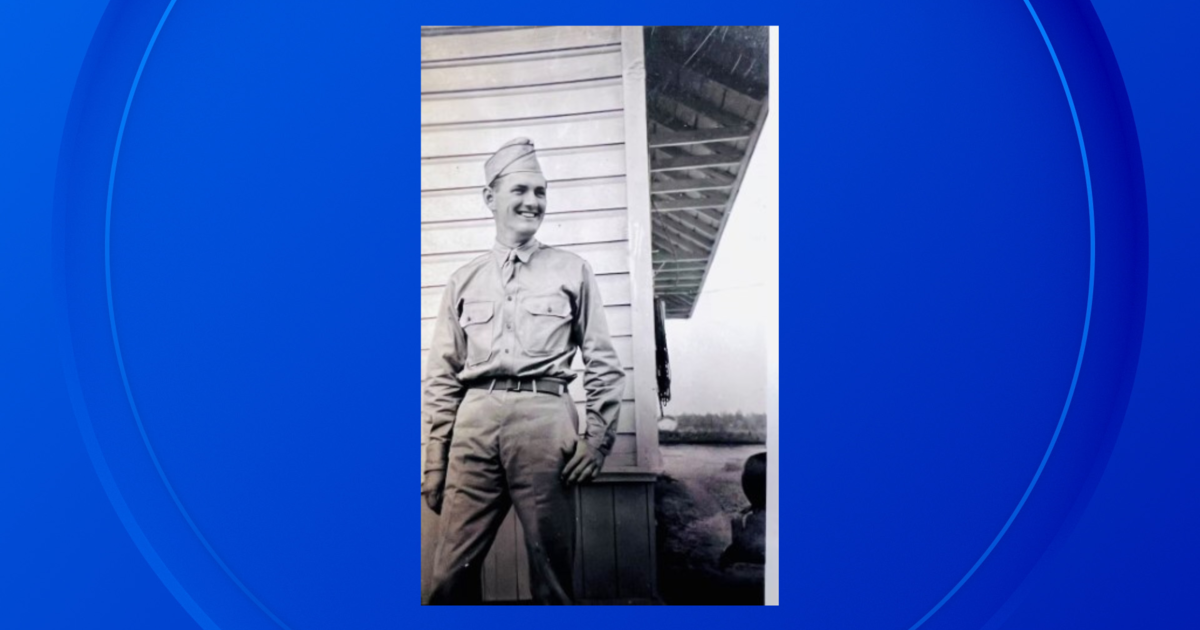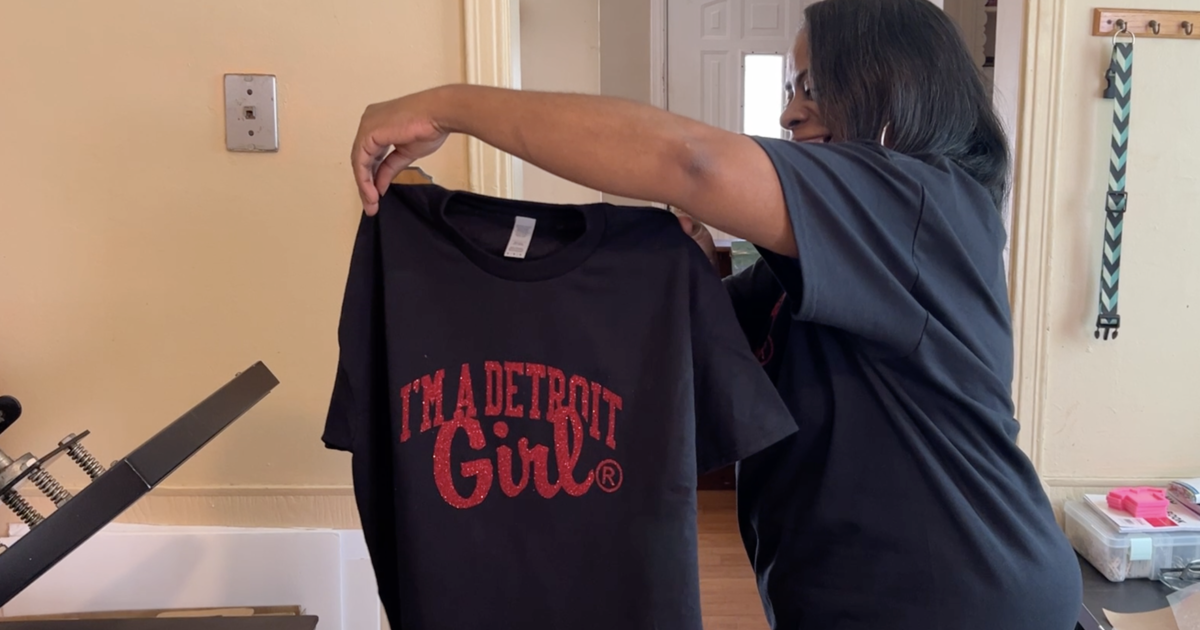Michigan Governor Candidate Kevin Rinke Releases Ad Falsely Claiming 'Dead People Always Vote Democrat'
(CNN) - Michigan's Republican primary for governor has been marred by a scandal over fake signatures on five candidates' nomination petitions.
 Kevin Rinke, a Republican candidate for governor, meets with people on Monday, May 2, 2022, at Fleetwood Diner in Lansing, Mich. Rinke launched a 10-day bus tour across Michigan three months before the August GOP primary. (AP Photo/David Eggert)
Kevin Rinke, a Republican candidate for governor, meets with people on Monday, May 2, 2022, at Fleetwood Diner in Lansing, Mich. Rinke launched a 10-day bus tour across Michigan three months before the August GOP primary. (AP Photo/David Eggert)
Now a new campaign ad from Kevin Rinke, a businessman who is not among the five candidates facing disqualification, begins with a false claim about voter fraud and Democrats.
"Why is it that dead people always vote Democrat?" Rinke asks to start the ad.
The ad features a dash of comedy: a zombie stands beside Rinke wearing at least six "I Voted" stickers and what appears to be a shirt promoting the Biden-Harris campaign. But Rinke's assertion about dead people always voting for Democrats should still be taken seriously.
After the 2020 election, in which President Joe Biden fairly won Michigan by more than 150,000 votes, prominent Republicans including former President Donald Trump spread false allegations about Democrats having used deceased residents to steal victory in the state. And Rinke's ad bashes Democratic Gov. Gretchen Whitmer for supposedly failing to do anything to "fix voter fraud."
Voter fraud is exceedingly rare in Michigan and every other state. And Rinke's claim about dead people and Democrats is flat-out false.
Facts First: It's just not true that votes cast in the names of dead people are always cast for Democrats. Though the number of voter fraud cases involving the ballots of deceased people is tiny, there are recent cases in which such ballots were fraudulently cast either for Republican candidates -- including Trump -- or by registered Republicans.
Since voters' ballot choices are secret, the public sometimes never learns which political party an unlawful ballot was cast for; in some cases, we know the name and party registration of the person who committed the fraud but not who they actually supported in the deceased person's name. Still, the available record makes it abundantly clear that there is no truth to Rinke's suggestion that this kind of fraud is committed only by Democratic voters.
When CNN asked Rinke's campaign for evidence to support that claim, spokesperson Katie Martin didn't provide any. Rather, she said in an email that "a quick Google search will show multiple news articles on deceased voters voting in elections."
Correct -- but that same quick Google search also disproves Rinke's claim that "dead people always vote Democrat."
Republican fraud cases in 2020
Consider five of the proven or alleged "dead people" cases that emerged out of the 2020 general election:
A Pennsylvania man pleaded guilty after casting a vote for Trump in the 2020 general election with an absentee ballot under the name of his late mother, who had been deceased for more than a decade. (The Philadelphia Inquirer reported that the man said in court that he had "listened to too much propaganda" during the isolation of the pandemic "and made a stupid mistake.")
A Colorado man is charged with casting his missing wife's mail-in ballot for Trump in the 2020 general election. The man allegedly told FBI agents that he submitted the ballot because he thought "all these other guys are cheating," that his wife would have voted for Trump anyway, and that he didn't know that you can't legally cast your spouse's ballot. (Prosecutors had also charged the man with murdering his wife, whose body has not been found, but they dropped the charges in April; they could still pursue charges in the future.)
A registered Republican local official in Ohio, a township trustee, pleaded guilty after casting an absentee ballot in the 2020 general election under the name of his recently deceased father. (He told NBC News it was an "honest error" and also that he had simply been "trying to execute a dying man's wishes.")
A registered Republican businessman in Nevada pleaded guilty after casting a mail-in ballot in the 2020 general election under the name of his late wife, who had been dead for about three years. (The man, who had initially claimed "disbelief" about supposedly learning that someone had cast his wife's ballot, said in court that "I accept full responsibility for my actions and regret them," Las Vegas television station 8 News Now reported.)
A registered Republican woman in Arizona pleaded guilty after mailing in a ballot in the 2020 general election under the name of her recently deceased mother.
There are also cases from the 2020 election in which registered Democrats have been charged with requesting ballots on behalf of dead relatives, plus cases in which the party preference of the accused person is not publicly known. So this minuscule problem isn't exclusive to Republicans -- but it certainly isn't exclusive to Democrats, either.
The Michigan picture
A review by Michigan's auditor general found that 1,616 votes in the 2020 general election in the state were cast by people who were dead as of Election Day.
That is about 0.03% of the 5.3 million total votes. It's not close to the "18,000," "17,000" and "10,000" Michigan dead people Trump had variously cited in complaining about the results. There is no indication that all of the 1,616 votes in question were cast for Biden, who won Michigan by 154,188 votes.
And, critically, the auditor's review did not conclude that the 1,616 votes were fraudulent.
The review noted that about 99% of the 1,616 votes, all but 20 of them, were cast by voters who died during Michigan's 40-day absentee voting period -- suggesting the votes may have been cast by people who lawfully submitted ballots and then happened to die shortly afterward but before Election Day.
Even those votes are not supposed to be counted in Michigan results -- more than 3,400 were rejected in 2020, according to state data -- but they are not phony.
In addition, the auditor's review noted that even some of the voters recorded as having died 41 days or more before Election Day may actually be living people who were incorrectly marked as deceased because they have a common last name like Smith or a suffix like Jr.
So Rinke and others are free to urge Michigan authorities to improve their administration of the voter rolls. But there just isn't any sign of widespread voter fraud in the state, involving dead people or anybody else.
The-CNN-Wire™ & © 2022 Cable News Network, Inc., a WarnerMedia Company. All rights reserved.



